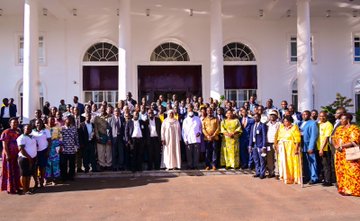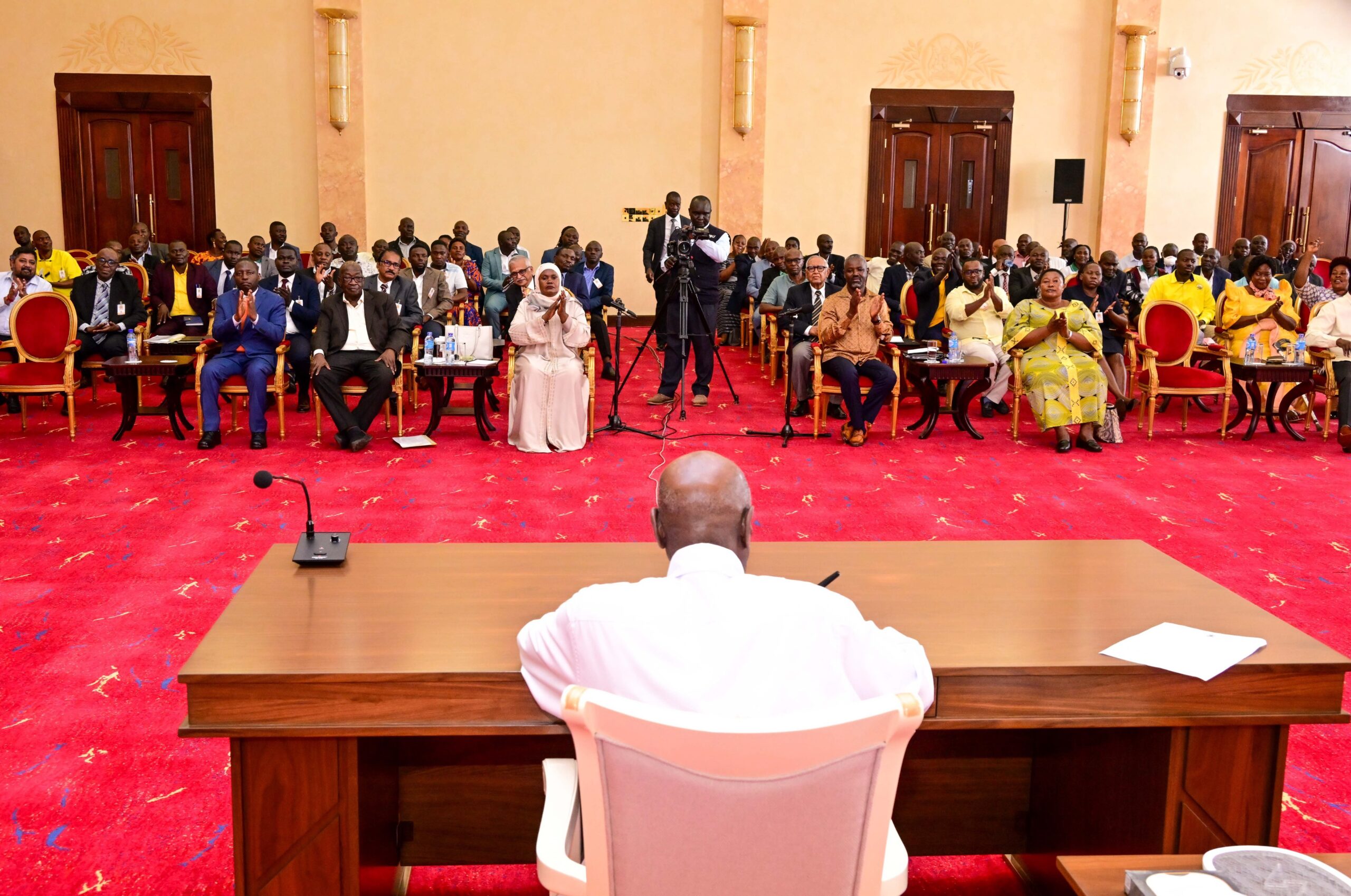President Yoweri Kaguta Museveni has officially signed the Sugarcane (Amendment) Act, 2025 into law, marking a significant milestone for Uganda’s agricultural sector, particularly the sugar industry. This legislative reform is designed to address longstanding challenges in the sugarcane value chain, improve governance, and enhance the livelihoods of both sugarcane farmers and millers across the country.

The signing ceremony, held on May 31, 2025, was followed by a strategic meeting between President Museveni and representatives of sugarcane farmers and millers. During this engagement, the President emphasized the government’s commitment to ensuring the sugar industry not only survives but thrives. He acknowledged issues such as pricing disputes, delayed payments to outgrowers, and inefficiencies in the supply and milling processes that have historically undermined the sector’s performance.

One of the core features of the new law is the establishment of a Sugar Industry Stakeholders Council to replace the former Sugar Board. This Council is composed of representatives from both farmers and millers, as well as permanent secretaries from key ministries including Agriculture, Trade, and Finance. The Council is tasked with regulating the sugar sector, licensing millers, and resolving disputes, thereby promoting self-regulation and inclusivity in decision-making. A rotating chairpersonship between farmers and millers has been introduced to prevent monopolies and encourage cooperation.
The amendment also introduces a clearer and fairer pricing formula for sugarcane, which was a major point of contention between farmers and millers. By establishing transparent mechanisms for pricing and payments, the law aims to protect farmers from exploitation and provide millers with predictable operational conditions. Furthermore, the legislation mandates the creation of a Sugar Development Fund, financed by contributions from both millers (70%) and outgrowers (30%), to support council activities and sector development initiatives.
President Museveni highlighted the importance of sharing proceeds not only from sugar but also from by-products such as ethanol and electricity between millers and growers. This approach recognizes the multiple revenue streams generated by sugar processing and seeks to ensure equitable benefit distribution. Additionally, the President advised millers to encourage farmers to adopt a 4-acre farming model, promoting diversification into other agricultural activities like coffee, fruits, livestock, and fish farming, which can enhance overall rural incomes and sustainability.
The law also addresses operational challenges such as the controversial sugarcane weighbridges, which farmers have criticized for facilitating cane theft and unfair deductions. Farmers from regions like Masindi have petitioned for the suspension and review of weighbridge operations to protect their interests. The new regulatory framework under the Sugar Industry Stakeholders Council is expected to streamline such issues and enforce accountability.
The Sugarcane (Amendment) Act is part of a broader government strategy to revitalize Uganda’s agricultural sector, which remains the backbone of the economy and employs the majority of the population. By strengthening regulatory oversight, promoting fairness, and encouraging investment in modern milling technologies, the law aims to boost productivity, stabilize the sugar market, and enhance the competitiveness of Uganda’s sugar industry on both regional and global fronts.
In conclusion, President Museveni’s signing of the Sugarcane (Amendment) Act signals a new chapter for Uganda’s sugarcane farmers and millers. While the law lays a solid foundation for reform, its success will depend on effective implementation by the Ministry of Agriculture, local governments, and sector regulators. Farmers and millers alike have expressed cautious optimism, emphasizing the need for tangible action on the ground to translate legislative gains into improved livelihoods and a sustainable sugar economy.
This transformative law underscores the government’s resolve to protect and grow the sugar industry, ensuring that it remains a vital contributor to Uganda’s agricultural development and economic prosperity.

